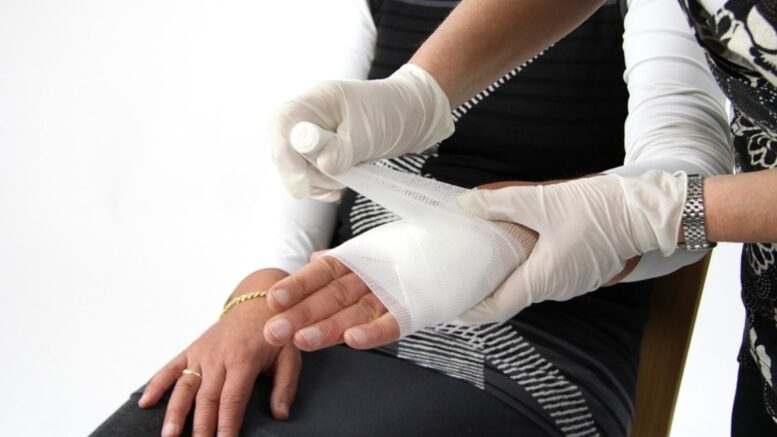Fourth-degree burns are mainly caused by chemicals and flames. Some possibilities include:
- chemicals
- injuries from building fires
- open flames, like campfires or fireplaces
- hot irons
- hot oven or stove
Also, these may cause lesser-degree burns. However, what makes the burn fourth degree is the extent of body damage.
Third-degree burns may impact deep skin layers, which include fatty tissues. Also, fourth-degree burns go a lot deeper and affect your nerves, tendons, and muscle tissues.
Treating 4th-degree burns
The exact treatment for 4th degree burns is going to depend upon the extent of body damage, in addition to your general health. While you wait for the ambulance to arrive, it is possible to help the burn victim by:
- flushing the affected region using water (only for chemical burns)
- putting a light blanket or sheet over them, particularly if they look cold from a decrease in blood pressure
- covering the region with a loose cloth or bandage
- if possible, raising the injured part of the body above the victim’s heart
The actions you do not take are just as important as those you do take. While waiting for emergency attention, DO NOT:
- peel away any blisters or pick at the skin
- remove clothes that might be stuck to burn
- apply ointments or creams to burns
- apply ice
When you arrive at the burn unit, the physician might take some approaches to treatment. First, the doctor is going to clean 4th-degree burns, as well as remove all dead tissue.
The majority of the 4th-degree burns treatment is going to depend upon how much of your nerves, muscles, and bones are affected, in addition to the burn’s location. The medical professional may do one or more of these procedures:
- use IV fluids that help to lower body temperature and prevent dehydration
- order tetanus shot, if you have not had one within the past decade
- apply antibiotic ointments in the event of infection
- prescribe pain medicine
At this point, you also are at a greater risk of suffering shock. That’s because of the large inflammatory reaction from the body while it deals with the changes a burn has abruptly made to the impacted region. Also, your major organs may become vulnerable to inflammation, which includes the heart.
As 4th-degree burns heal, the healthcare provider will have the ability to determine the extent of body damage you suffered. Methods of cosmetic reconstruction, like skin grafting, might be needed if the skin does not generate any new tissue.
You also might have to give consideration to other treatments, like physical therapy, if you have lost feeling within the area. More medical treatments might be needed for lost muscles and damaged joints.
Fourth-degree burns are severe, as they’ll affect more than merely your skin. You must keep in mind that because of possible nerve damage, serious burns might not be painful. If you believe your family member suffered a serious burn, it is possible to help them by contacting a medical center dedicated to helping you overcome any chronic and non-healing wound.
